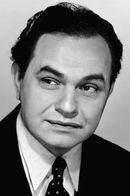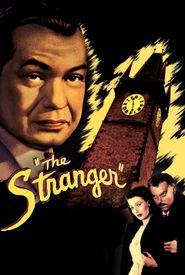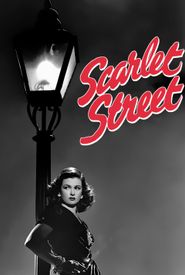Emanuel Goldenberg, a Romanian-born individual, arrived in the United States at the tender age of ten, along with his family, who settled in New York's Lower East Side. As he navigated his formative years, he discovered a passion for acting, which would eventually become his lifelong profession.
While attending City College, Goldenberg abandoned his initial aspirations to become a rabbi or lawyer, instead opting to pursue a career in the performing arts. His talent and dedication earned him a scholarship from the American Academy of Dramatic Arts, allowing him to hone his craft in the world of stock theater.
It was during this period that Goldenberg adopted the stage name Edward G. Robinson, a moniker that would become synonymous with his acting career. His Broadway debut followed two years later, and he went on to work steadily in the theater for the next 15 years, appearing in numerous productions, including the comedy "The Kibitzer," which he co-wrote with Jo Swerling.
Robinson's film debut came in 1923 with a small supporting role in the silent film "The Bright Shawl," but it was the advent of sound that truly launched his career. His portrayal of Rico Bandello in "Little Caesar" (1931) set the standard for movie gangsters, a role that would become a hallmark of his career.
Throughout his illustrious career, Robinson appeared in a wide range of films, including psychological dramas such as "Flesh and Fantasy" (1943),"Double Indemnity" (1944),"The Woman in the Window" (1944),and "Scarlet Street" (1945). He also reprised his role as a gangster in "Key Largo" (1948).
In addition to his film work, Robinson was a sophisticated and cultured individual with a deep passion for fine art. However, his personal life was not without its challenges. He was forced to sell off his extensive art collection in a divorce settlement in 1956 and struggled with a troubled son.
Despite these personal setbacks, Robinson continued to work in the theater, returning to Broadway in 1956 with the production "Middle of the Night." In 1973, he was posthumously awarded a special Oscar for lifetime achievement, a testament to his enduring legacy in the world of cinema.



























































































































